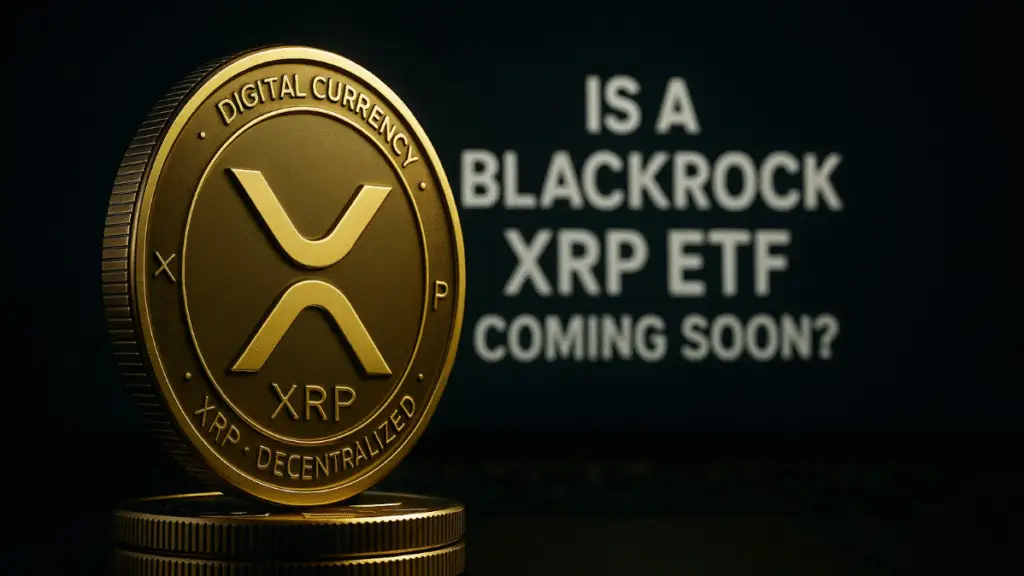Texas has officially become the third U.S. state to establish a government-run Bitcoin reserve, signaling a growing and significant trend of digital asset adoption at the state level. Governor Greg Abbott’s signing of Senate Bill 21 into law empowers the Texas Comptroller to strategically allocate state resources into Bitcoin, forming a newly created fund that will operate independently from the traditional state treasury system. This landmark legislation represents a pivotal shift in how states interact with cryptocurrency, positioning Texas not merely as a mining hub, but as a long-term holder of Bitcoin, reflecting a proactive embrace of digital innovation in public finance.
A Growing Trend of State-Level Bitcoin Adoption
Texas’s decision to establish a government-run Bitcoin reserve places it among a select group of U.S. states leading the charge in digital asset adoption at the state level. This move reflects a burgeoning trend where state governments are actively exploring how cryptocurrency can play a role in public finance and bolster long-term fiscal resilience. As regulatory clarity continues to improve at the federal level and the political narrative surrounding Bitcoin becomes increasingly favorable, the Lone Star State’s decision could serve as a compelling precedent, encouraging other states to follow suit in integrating digital assets into their financial strategies.
Senate Bill 21: The Legal Framework
The new legislation, Senate Bill 21, forms the legal bedrock for Texas’s foray into Bitcoin holdings. It specifically authorizes the state to directly acquire and manage Bitcoin (BTC), establishing what is officially termed a Strategic Bitcoin Reserve. A key provision of SB 21 mandates that this reserve will be administered independently from the main state budget, providing a dedicated and distinct mechanism for digital asset investment. This structure ensures a clear separation from traditional state finances, highlighting the unique nature of this new fund and its strategic purpose.
Passage and Advocacy
Senate Bill 21 successfully navigated the state legislature, passing the Texas Senate earlier this year with a solid majority vote of 101 to 42. This legislative victory followed months of intense debate and concerted lobbying efforts from various cryptocurrency advocacy groups. Dennis Porter of the Satoshi Action Fund, one of the bill’s most vocal and influential supporters, promptly confirmed the bill’s signing shortly after it was finalized, hailing the move as a historic step in aligning government finance with cutting-edge digital innovation and securing a digital future for the state.
Beyond Mining: A Long-Term Holder
The new legislation marks a significant shift in Texas’s engagement with the cryptocurrency ecosystem. While the state has already established itself as a prominent Bitcoin mining hub, attracting numerous large-scale operations due to its favorable energy policies and resources, SB 21 now positions Texas as a long-term holder of Bitcoin. This strategic pivot suggests a commitment to not only facilitating the production of digital assets but also integrating them directly into the state’s financial portfolio, signaling a deeper and more permanent embrace of cryptocurrency as a legitimate reserve asset.
Administrative Details to Emerge
With the signing of Senate Bill 21 into law, the focus now shifts to the practical implementation of the Strategic Bitcoin Reserve. Further details on how the fund will be managed are anticipated to emerge in the coming weeks, providing clarity on the operational aspects of this new state-level initiative. Additionally, information regarding how much Bitcoin the state plans to accumulate will be closely watched, as these figures will indicate the scale and ambition of Texas’s digital asset holdings, setting expectations for its role in the evolving landscape of government-held cryptocurrencies.
Impact on State-Level Crypto Adoption
Texas’s decision to establish a Bitcoin reserve is poised to have a considerable impact on state-level cryptocurrency adoption across the United States. As one of the nation’s largest and most economically influential states, Texas’s proactive stance could inspire other state governments to seriously explore or accelerate their own initiatives in digital asset integration. The move provides a powerful example of how states can leverage regulatory clarity and strategic investment to participate directly in the digital economy, potentially leading to a broader acceptance and normalization of Bitcoin within public finance nationwide.
Securing Fiscal Resilience in a Digital Age
The establishment of a Strategic Bitcoin Reserve by Texas is a testament to a forward-thinking approach to fiscal resilience in a rapidly digitizing global economy. By diversifying its financial holdings with a digital asset like Bitcoin, the state aims to explore new avenues for wealth preservation and growth, potentially hedging against traditional economic volatilities. This bold move positions Texas as an innovator in public finance, demonstrating a willingness to adapt to emerging financial paradigms and secure its long-term economic stability through strategic engagement with the future of money.















